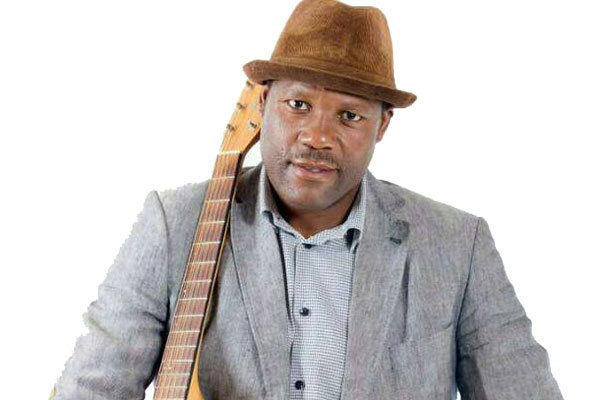
BY SHARON SIBINDI
National Arts Council of Zimbabwe (Nacz) director Nicholas Moyo has challenged Bulawayo City Council (BCC) to take artistes seriously by availing proper spaces for them to do their jobs, taking into consideration that the city is a hub of arts in Zimbabwe.
The sentiments came during the music consultative meeting, which focused on a strategy for creative music in Zimbabwe held in Bulawayo last Tuesday.
The tour’s first stop was Bulawayo where the Nacz was being supported by European Union and Unesco to industrialise the music sector.
Moyo said he had a meeting with Council’s director of housing Dictor Khumalo and implored him to avail places for Bulawayo artistes.
This came amid revelations that Afro-pop ace Jeys Marabini was doing wonders at his “backyard” where he is grooming and producing artistes from the City of Kings.
“Jeys raised an issue of needing proper space and we will engage the City of Bulawayo,” Moyo said.
“We had a meeting [on Tuesday] with Khumalo.
- Chamisa under fire over US$120K donation
- Mavhunga puts DeMbare into Chibuku quarterfinals
- Pension funds bet on Cabora Bassa oilfields
- Councils defy govt fire tender directive
Keep Reading
“He was so clear about the commitment of BCC and about the policies the council has put. “We are happy that BCC has gone ahead of many other local authorities in terms of its intervention and accessing the creative industry.”
Moyo said people like Marabini, who have done Bulawayo and Zimbabwe proud in the arts sector, deserve support, in this case, space.
“They could be existing spaces in the youth centres that they can give and say take these two rooms, transform them and renovate them and make them become the spaces that are needed,” he said.
“At least he has equipment, all that he may need is to ensure that the infrastructure, which is there is then renovated and then transformed to be a proper studio.”
He said they had embarked on a project with the support of the European Union and Unesco meant to industrialise the music sector.
“This is coming right into the face of that project because we did not know the magnitude, we had an appreciation of the need, but we did not know the magnitude,” Moyo said.
“If we are going to transform this sector to be an industry, it means there is need to address the issue of creativity in terms of the value chain and look also at the idea of products and studios come in there. Then look at the issue of distribution, then the markets.
“We came here and looked at the studio and we say it does not fit well in the space of production and the value chain. So, is that what as Zimbabwe we want to point and say these are the studios that we have?
“Yes, they are producing artistes, but we too turn around this industry by addressing the issue of appropriate spaces with the requisite equipment.”
Moyo said it gave them a big challenge as Nacz on how they cannot just interface with the situation in Bulawayo, but intervene to ensure that the need for appropriate facilities to produce music in this country was addressed.











